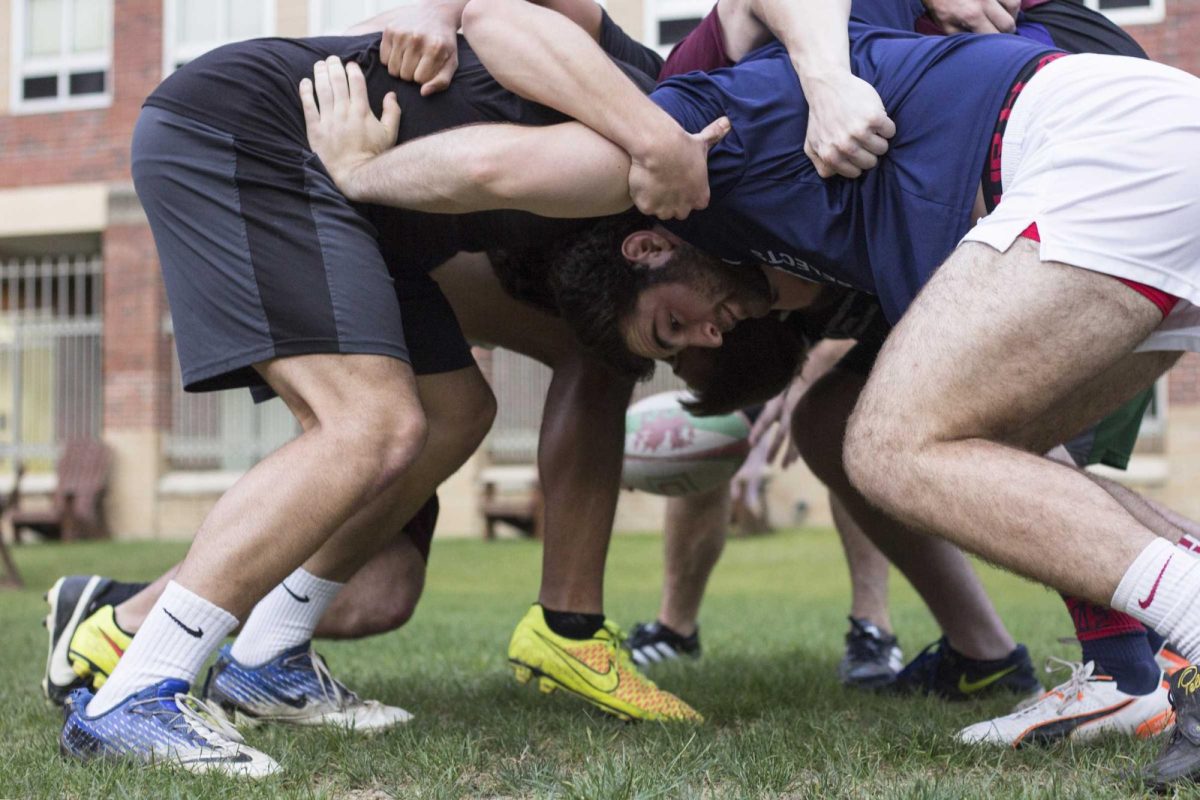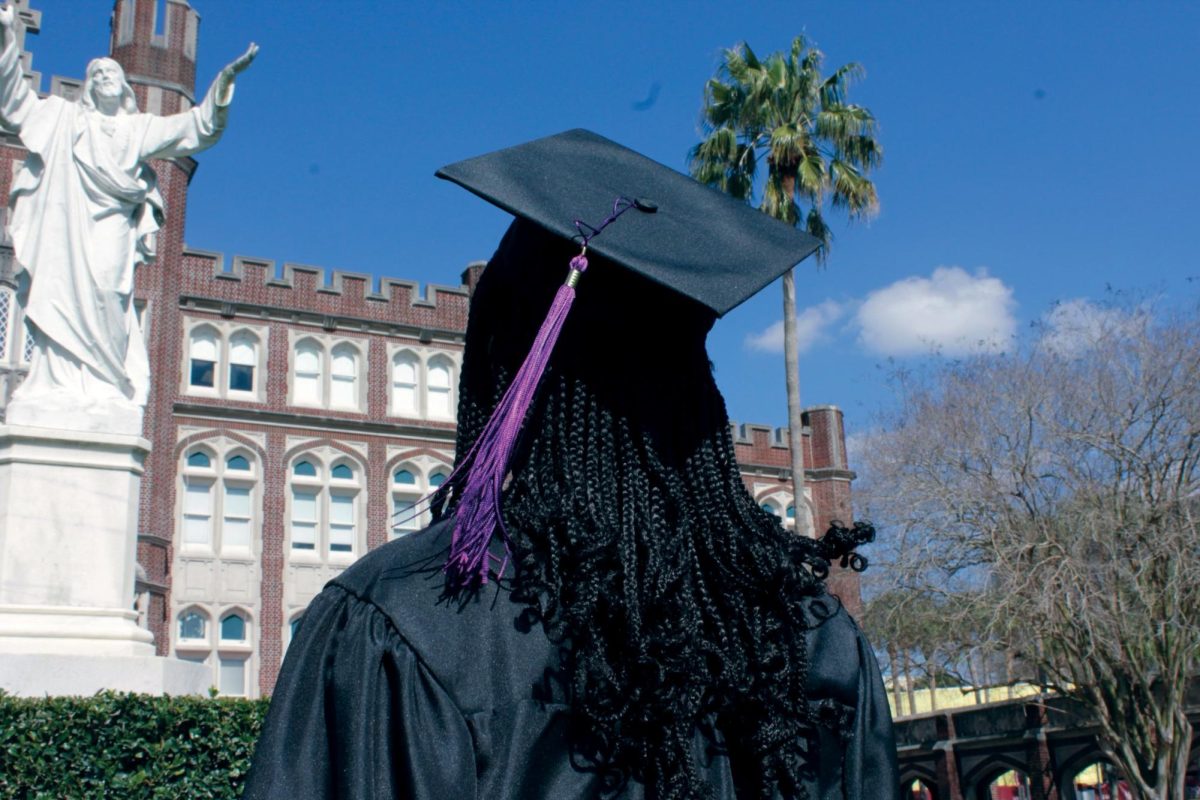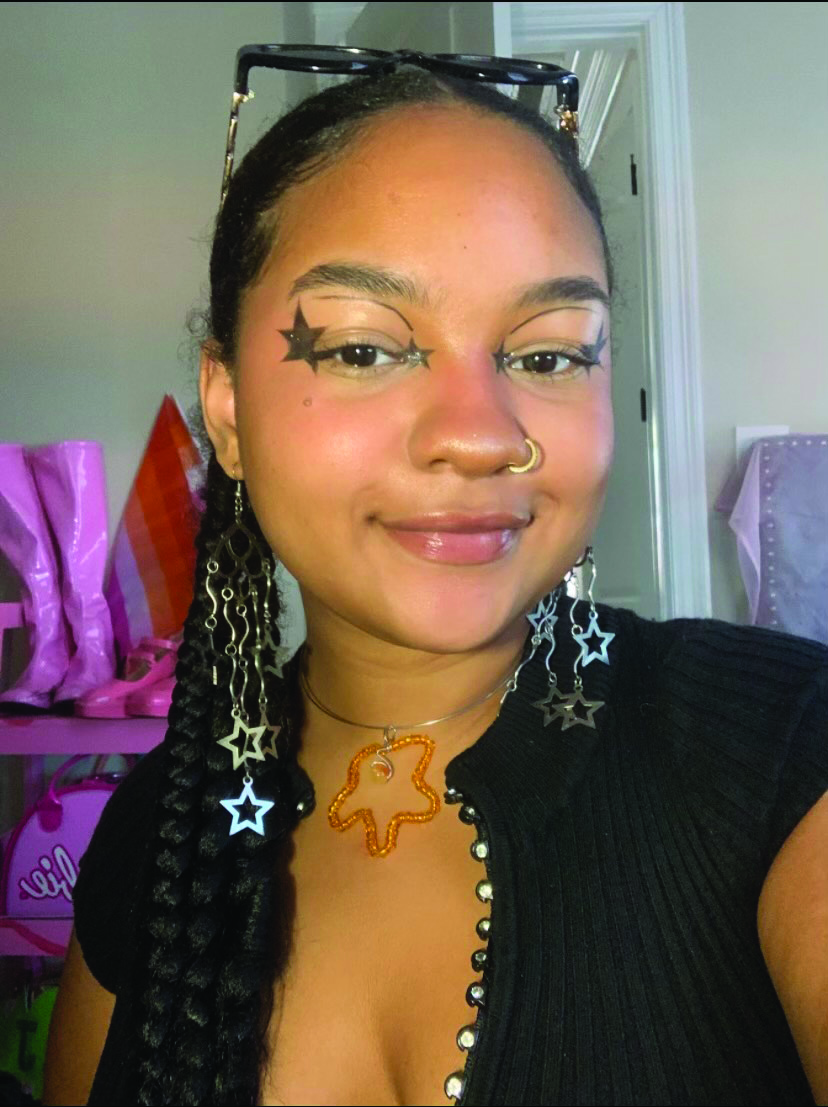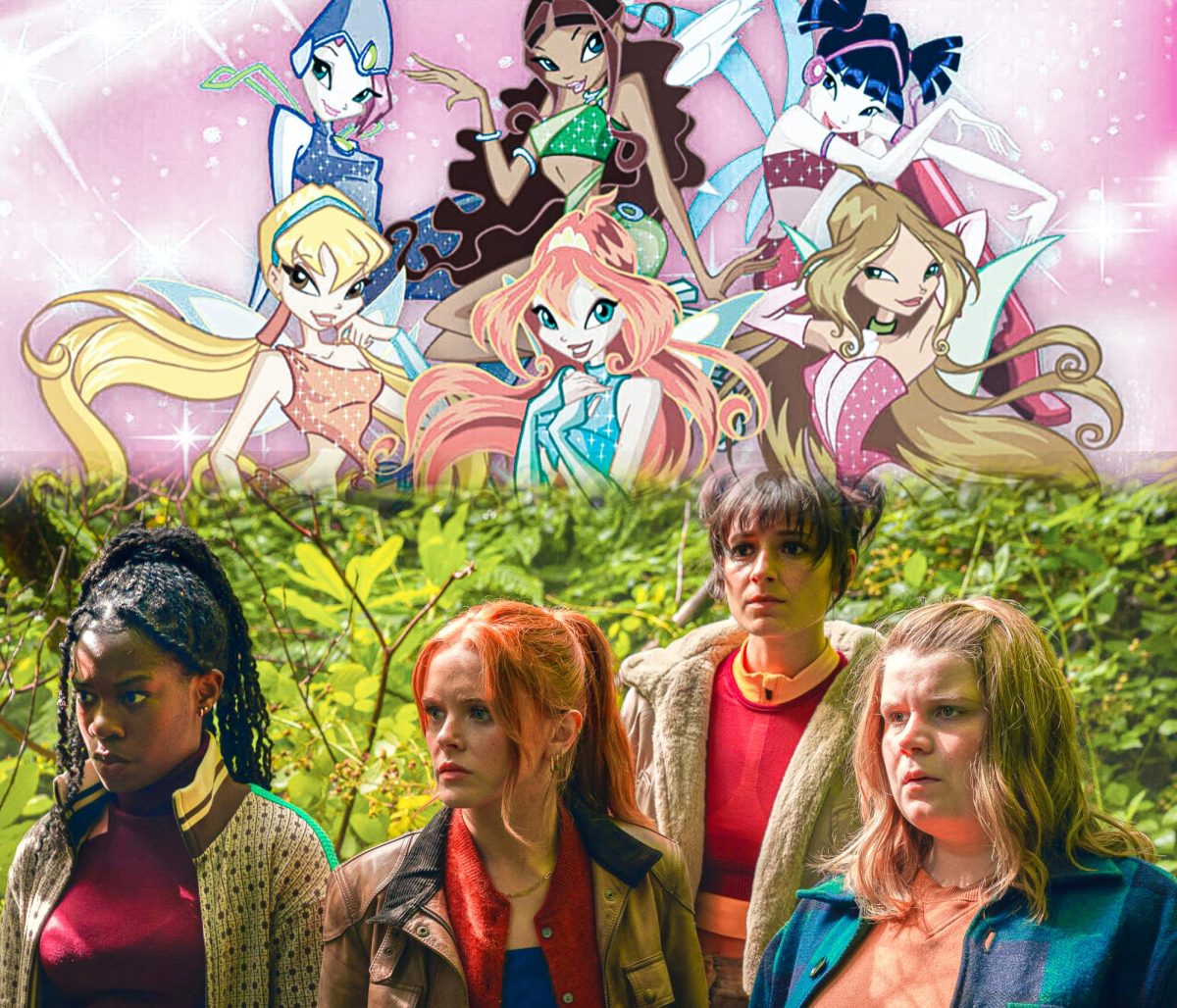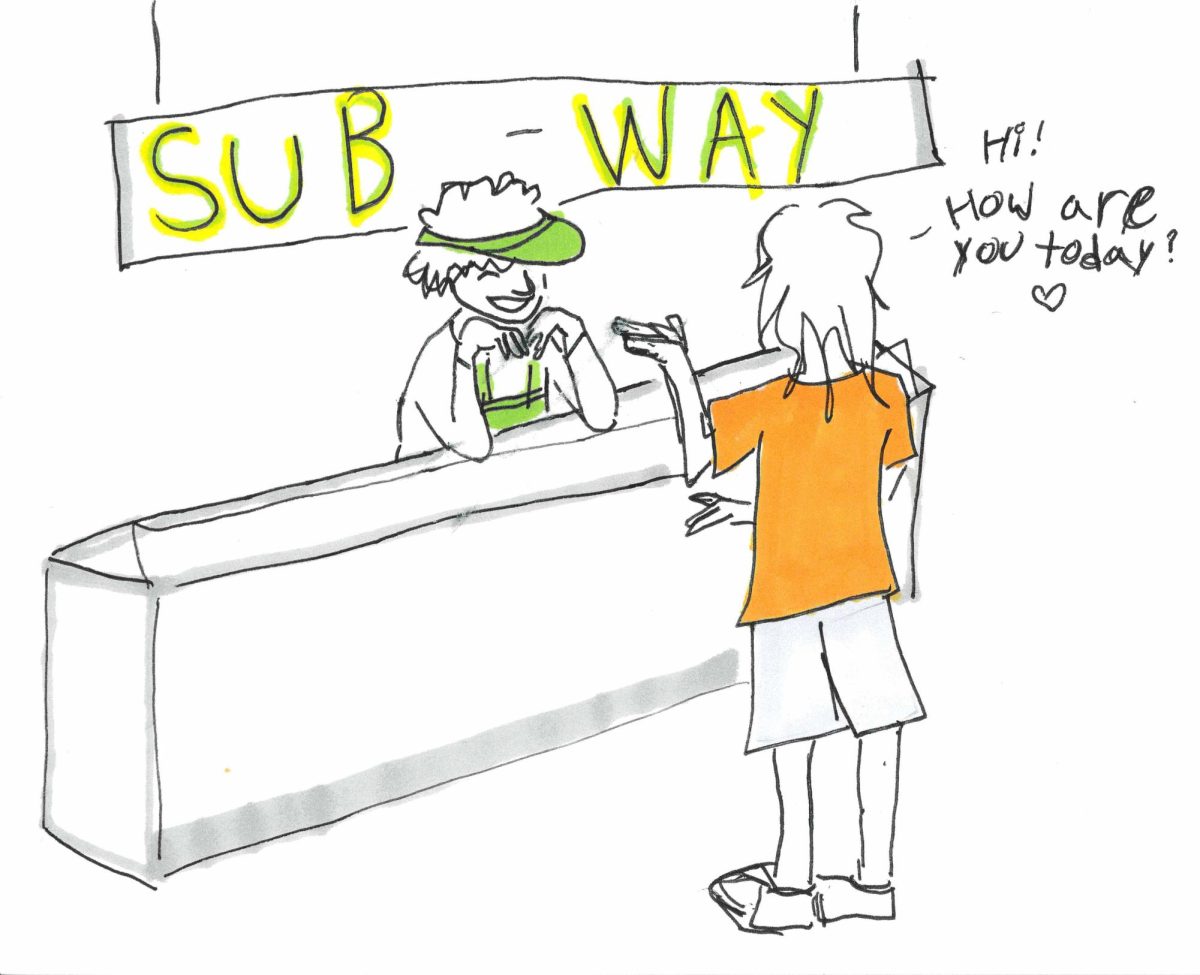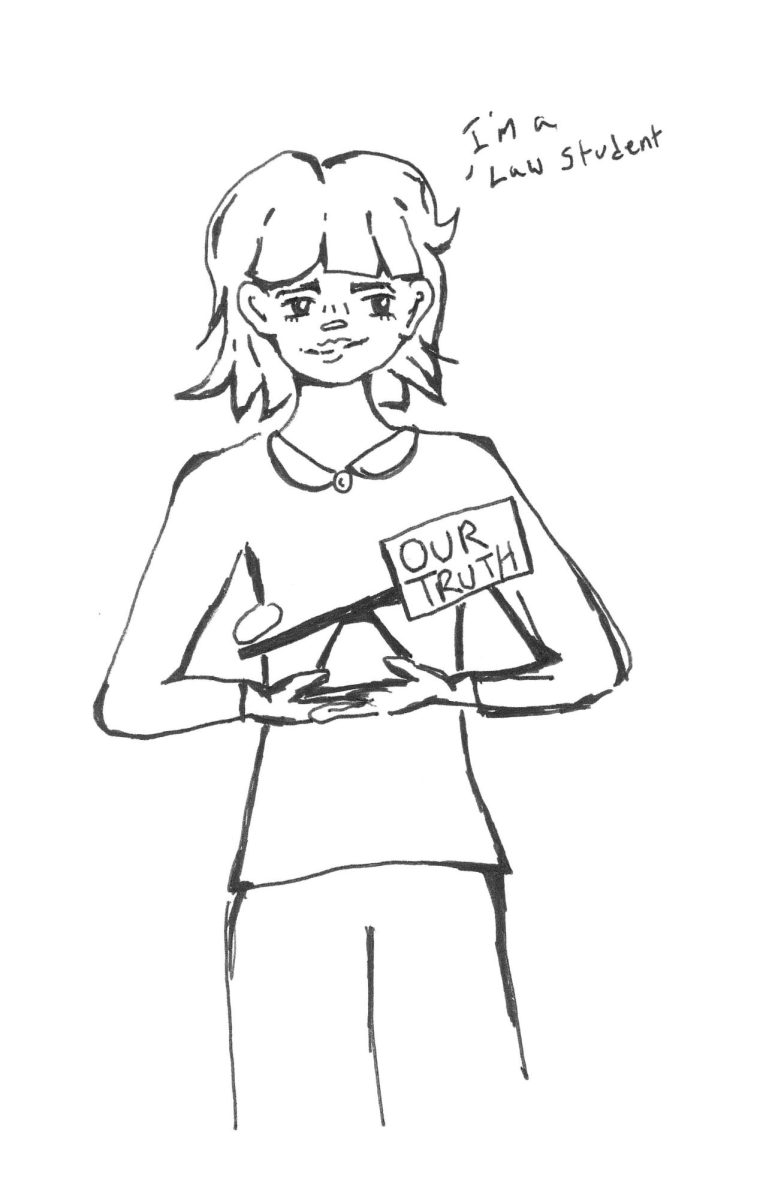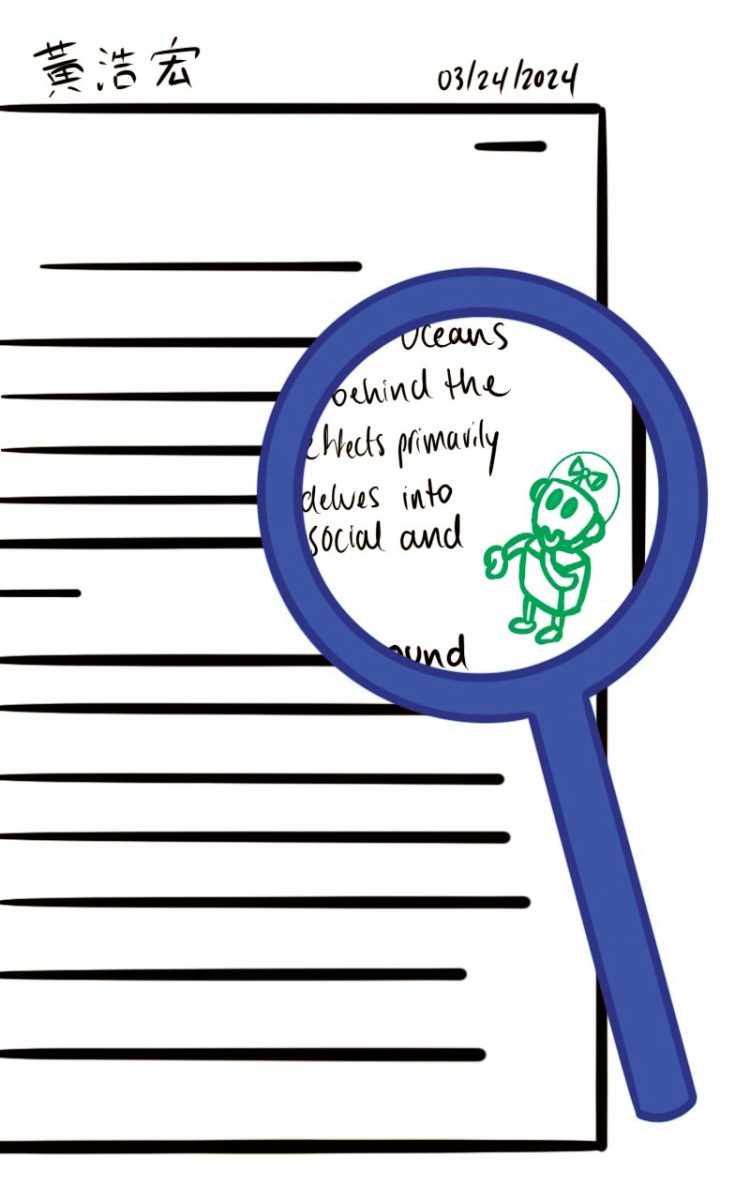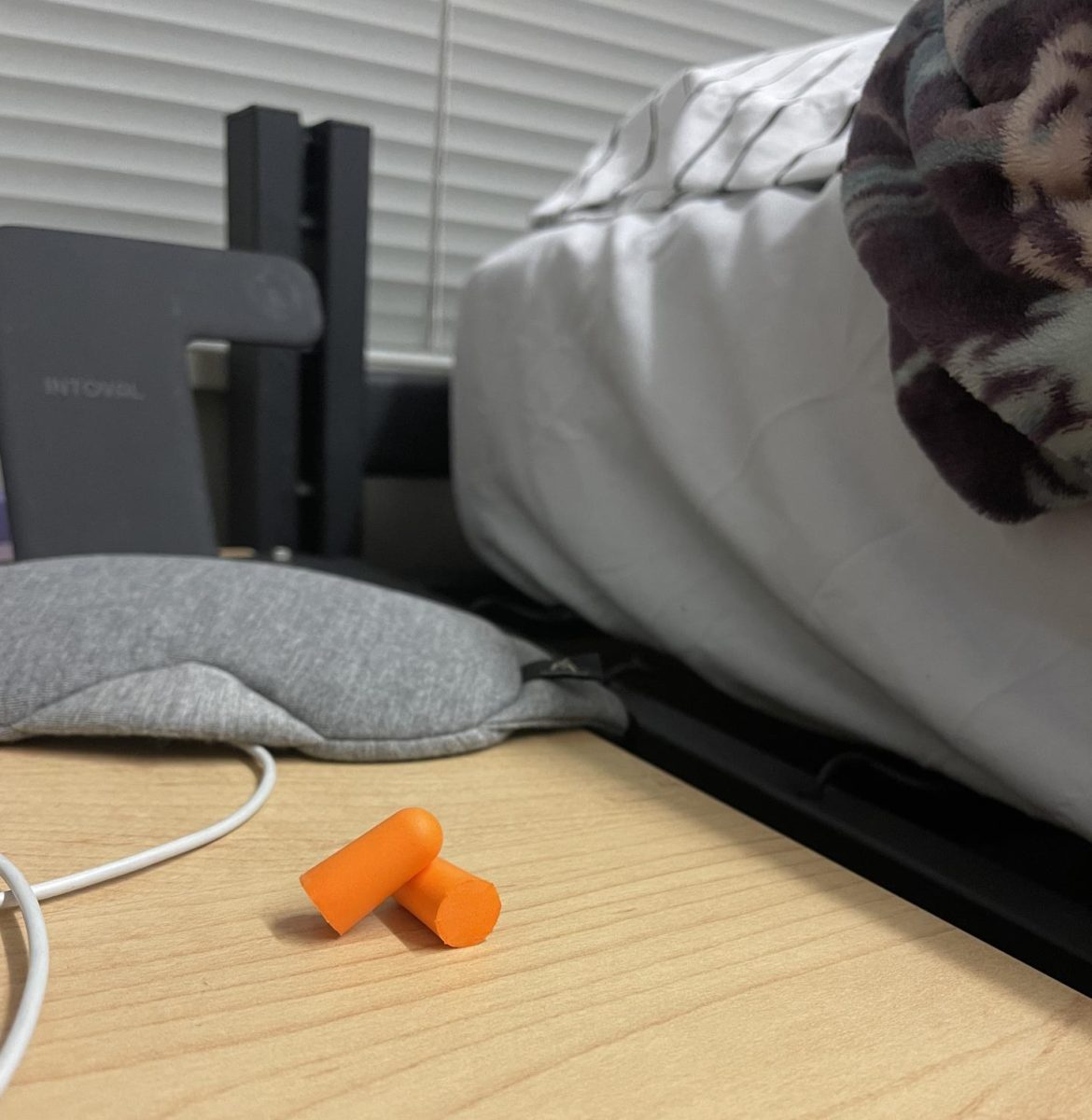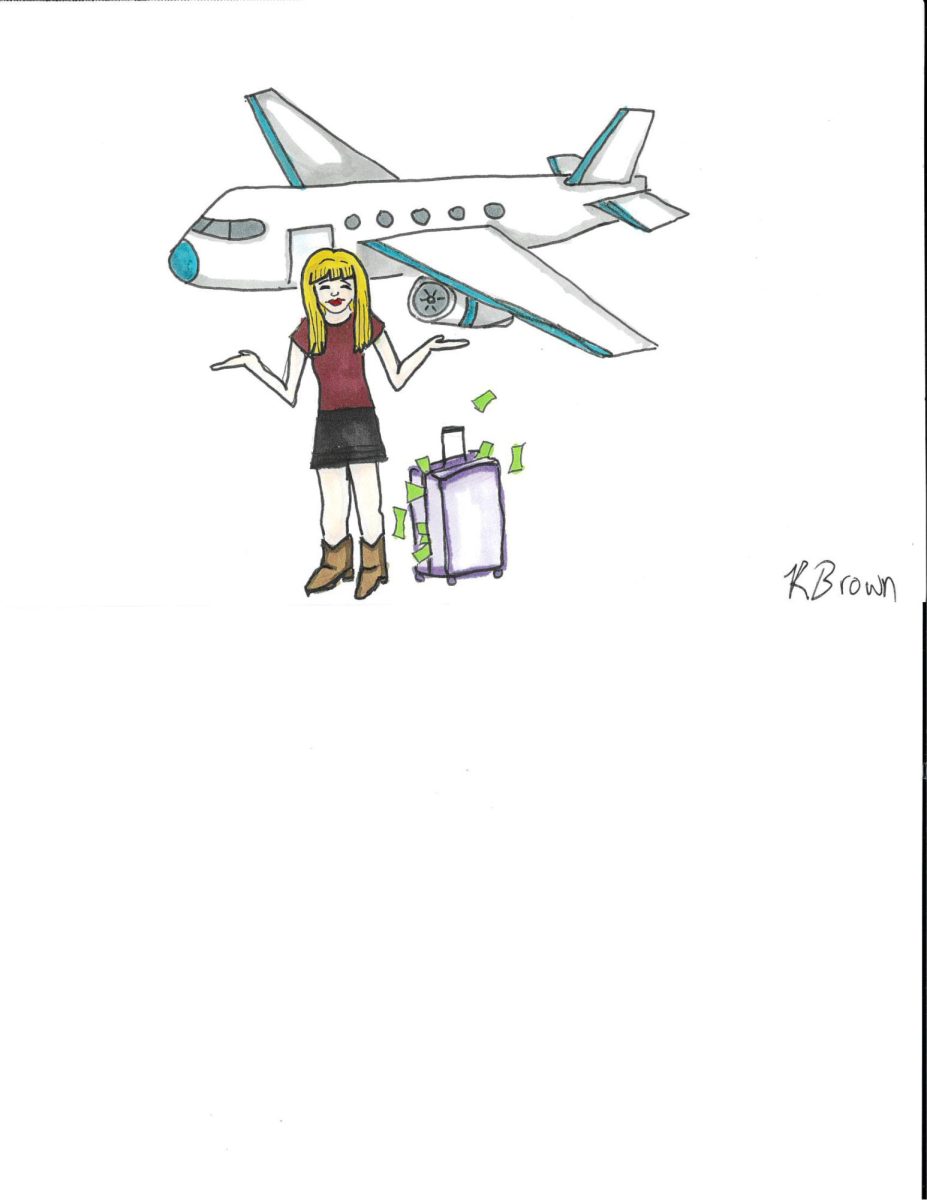My first job in this city was as an Americorps volunteer in a public charter school. I spent every day for a year trying to teach seventh and eighth grade kids how to read and write. Many of them were reading at the third grade level, and it is likely that two-thirds of them will not graduate. These kids came to school hungry, tried to learn in a loud, violent and dirty environment, and walked down destroyed streets to run-down homes in neglected neighborhoods. They were the result of a city that neglected their needs: illiterate, impoverished, disenfranchised by circumstance.
These conditions aren’t the result of chance. The ebb and flow of political struggles in America over race and resources have created these circumstances. Generations of politicians made decisions that resulted in the streets these kids live on. These politicians came into office and held their seats through the arduous accrual of votes and maintained that power by suppressing the votes of the opposition. They shut out black and poor white communities in the South. Innocent people were kept away from the polls, beaten, threatened with scare-tactics and murdered, all to prevent their voices from being heard.
The end result of this suppression is endemic poverty, illiteracy, and a student at John McDonough high school having a higher chance of being shot than a soldier in Afghanistan.
We spend time in classes talking about voter ID laws and other modern forms of suppression. At the same time, people will tell me that their vote doesn’t matter. It’s as if they can walk or drive around New Orleans and ignore the potholes, the ghettos and the robberies around campus. These are the marks of the disenfranchised city. To quote Robert Penn Warren, “If you don’t vote, you don’t matter.” Voting does not solve the problems we face in our country. It takes protests, outrage, marching in the streets., but it starts with the vote.
Your vote matters. Whoever said otherwise lied to you. If it didn’t matter, then neither did the women’s suffrage movement or the 15th amendment. There would not be anyone fighting to keep people away from the polls this election year if your vote didn’t matter. Come Tuesday, I don’t care who you vote for. The election of someone I am opposed to is not a crime. This is a democracy. And built within it is the ability to alter it without violence.
In 2008, I was among millions casting their first ballot, many of us feeling like we were moving our country into a new era. Since then the number of voters in my age group has dwindled, diminished by the contrast between their initial hopes and the political reality. But even though the reality is harsh, and even if the people we elect let us down, it should not deter us from voting. It is our first line of defense against tyranny.
Stewart Sinclair is an English writing junior and can be reached at
In My Opinion is a weekly column open to all Loyola students. Those interested in writing can contact







